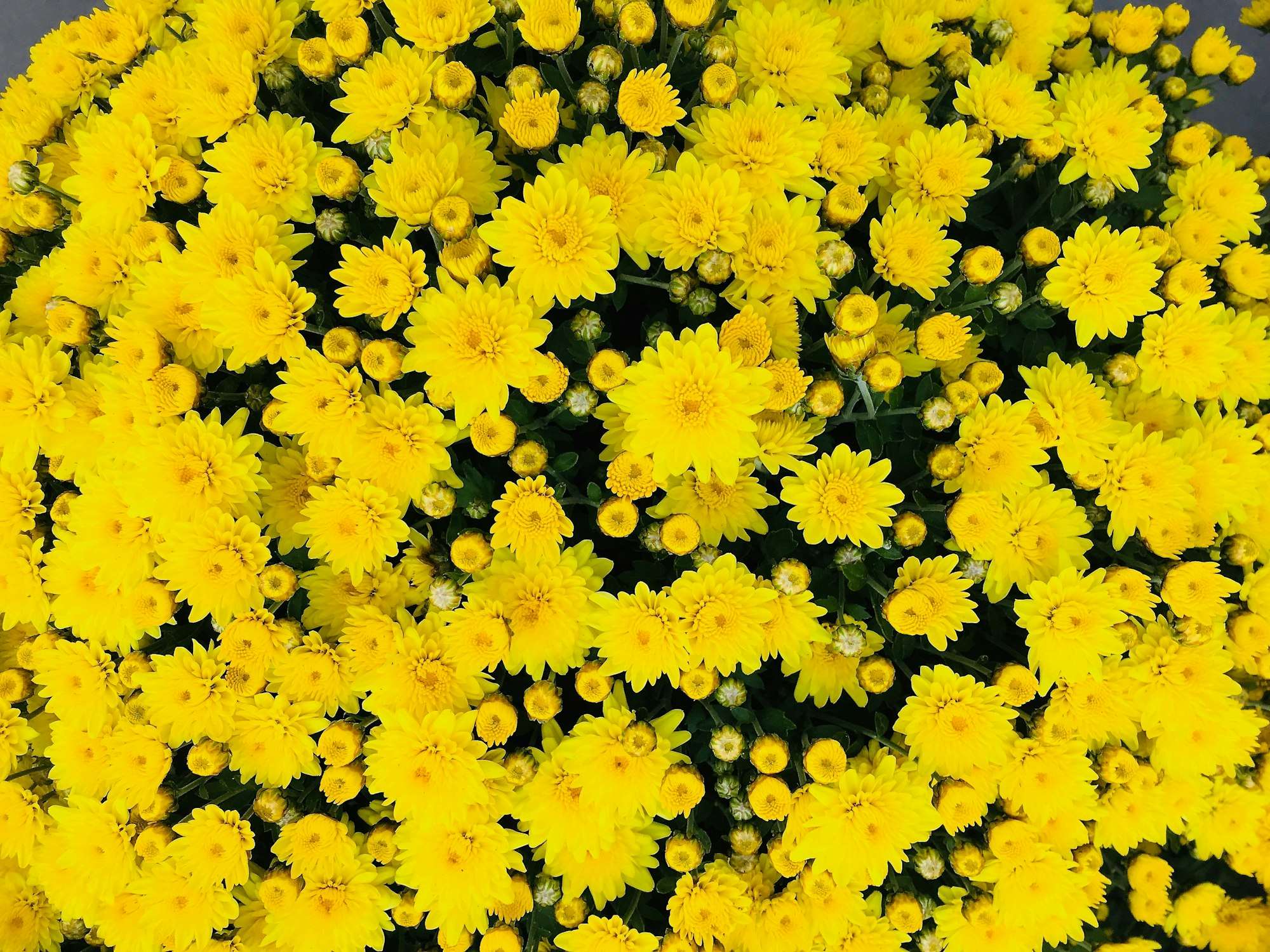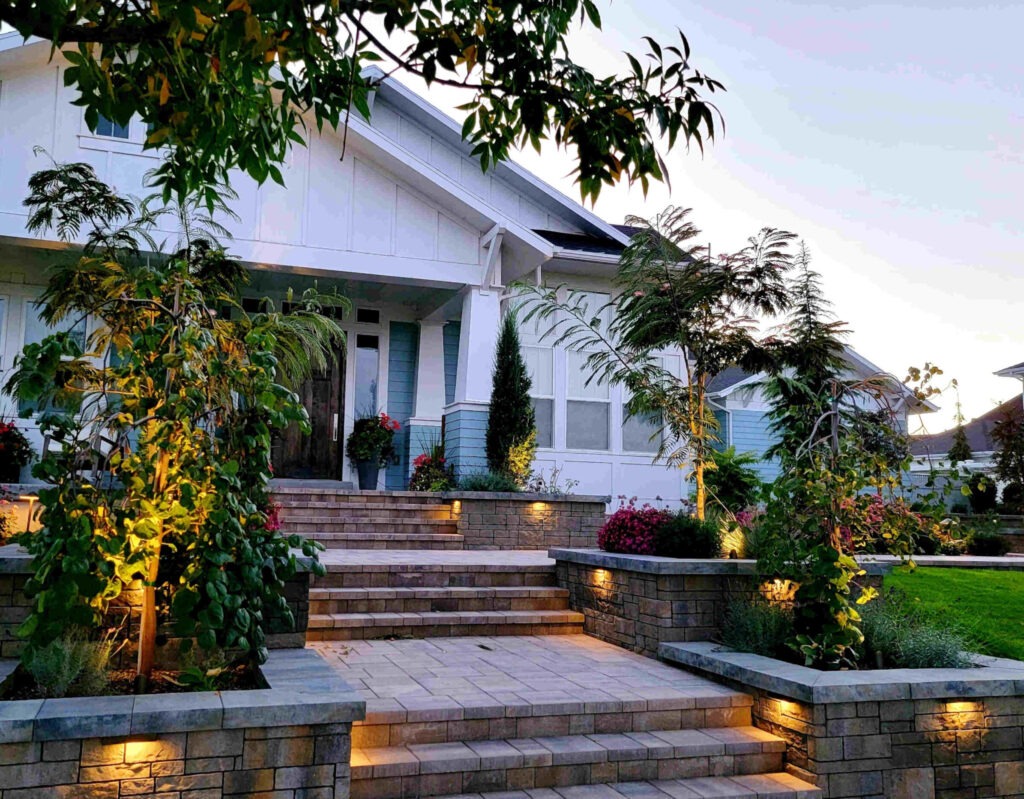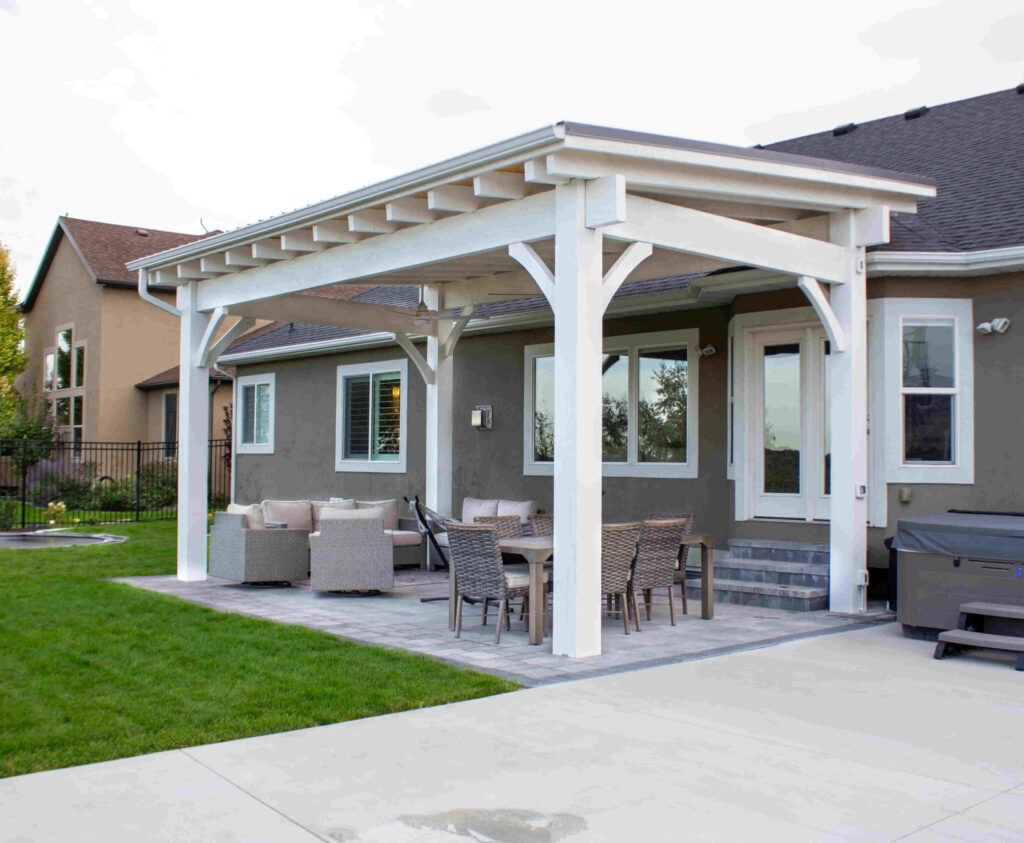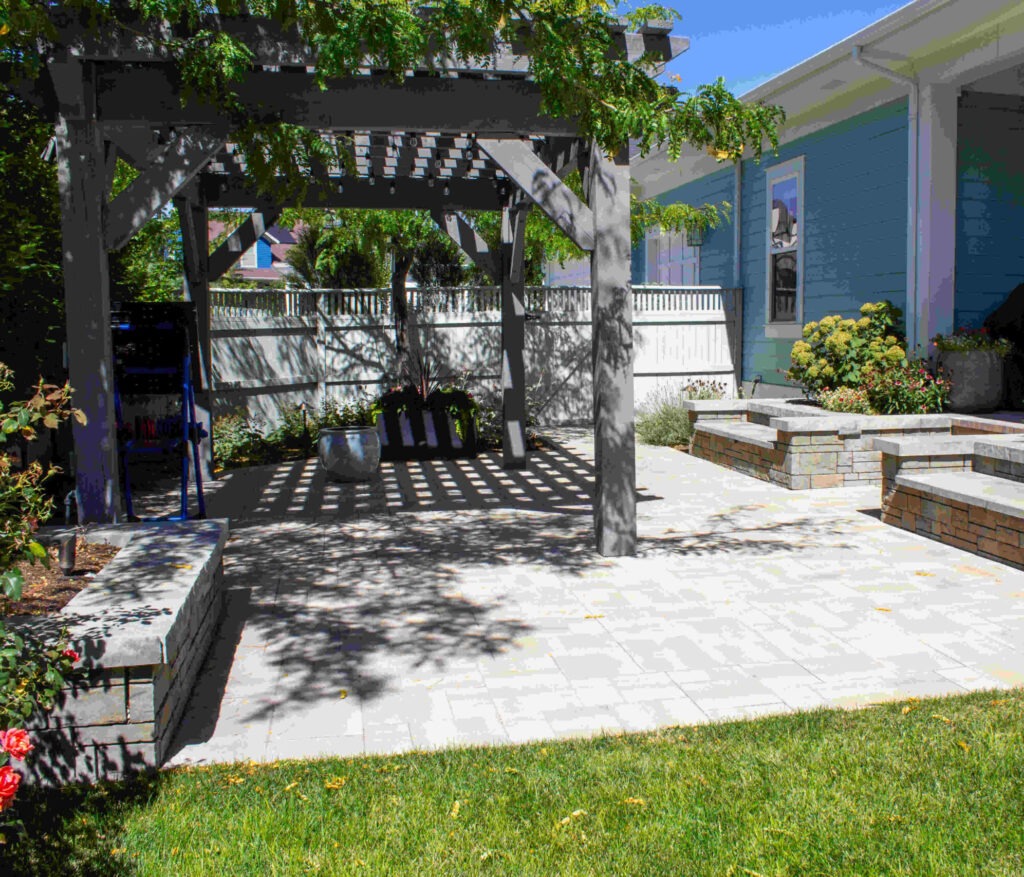As summer transitions to fall, it’s the perfect time to give your garden a seasonal refresh. Fall landscaping offers a unique opportunity to enhance your garden’s beauty with vibrant colors, new textures, and seasonal flowers that thrive in cooler temperatures. With the right planning and plant selection, your garden can become a stunning display of autumnal charm. This guide will walk you through fall landscaping ideas and the best flowers to plant, ensuring your garden remains a focal point as the seasons change.
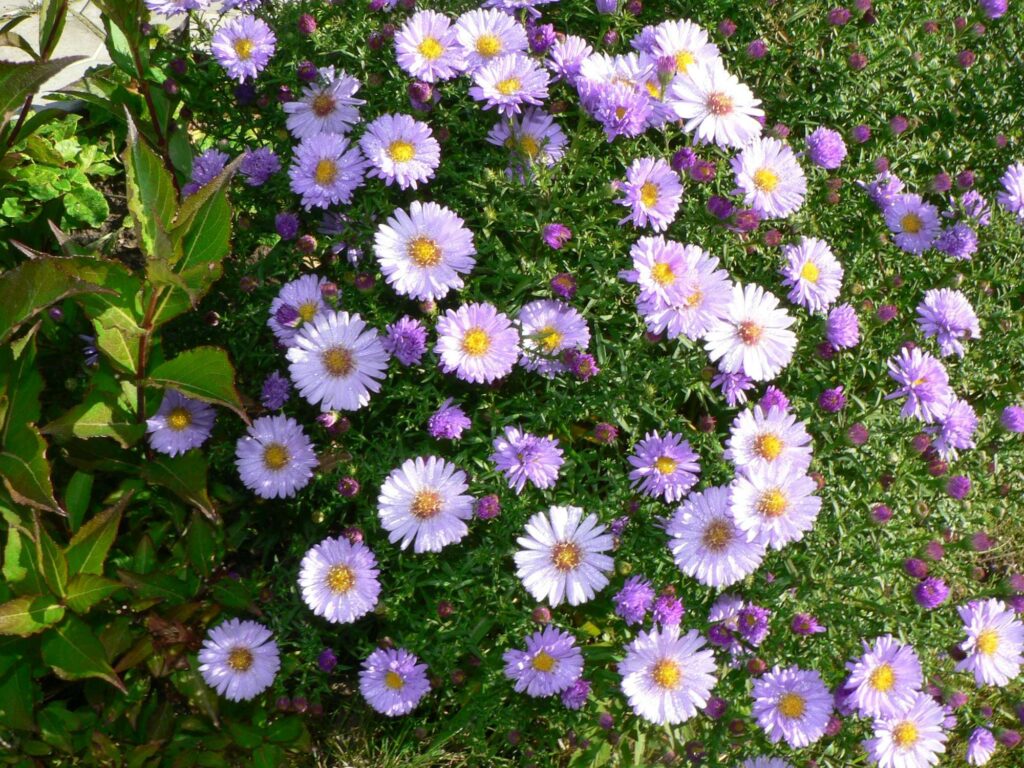
Ready to transform your garden this fall? Contact Millburn Lawn & Landscape today for professional fall landscaping services. Our experts can help you design and implement a beautiful, seasonal garden that enhances your property’s curb appeal. Don’t wait—schedule your consultation now and let us bring your fall landscaping ideas to life!
Why Fall Landscaping Matters
Fall is an ideal time for landscaping because the cooler temperatures create favorable conditions for plants to establish strong root systems. The combination of warm soil and cool air allows for optimal growth, helping plants to settle in before winter. Additionally, fall landscaping can extend your garden’s beauty, providing color and interest long after summer blooms have faded. By carefully choosing fall flowers and landscaping elements, you can create a garden that remains vibrant and inviting throughout the season.
Best Flowers to Plant in Fall
Chrysanthemums (Mums)
Chrysanthemums, commonly known as mums, are a classic choice for fall gardens. These hardy perennials bloom in a variety of colors, including red, yellow, orange, and purple, making them perfect for adding seasonal flair to your landscape. Mums are also frost-tolerant, ensuring that they continue to bloom even as temperatures drop.
Asters
Asters are another excellent choice for fall planting. These daisy-like flowers come in shades of pink, purple, and white, and they bloom well into the autumn months. Asters are particularly attractive to pollinators like bees and butterflies, which can help support your garden’s ecosystem.
Pansies and Violas
Pansies and violas are cool-season flowers that thrive in the fall. They offer a wide range of colors and are known for their cheerful, delicate blooms. Pansies and violas are also cold-tolerant, making them a great option for adding color to your garden late into the season.
Ornamental Kale and Cabbage
Ornamental kale and cabbage are not flowers, but their colorful, textured leaves make them a popular choice for fall landscaping. These plants add a unique visual element to your garden, with foliage that ranges from deep purples and greens to creamy whites. They are also highly frost-resistant, ensuring they remain attractive even in colder weather.
Creative Fall Landscaping Ideas
Incorporate Seasonal Foliage
One of the simplest ways to enhance your garden in the fall is by incorporating seasonal foliage. Trees like maples, oaks, and birches provide brilliant autumn colors that can transform your landscape. Consider planting these trees in strategic locations to create a stunning backdrop of red, orange, and yellow leaves.
Add Hardscaping Elements
Fall is also an excellent time to introduce new hardscaping elements to your garden. Consider adding stone pathways, wooden benches, or decorative arbors to create focal points and structure. These elements not only enhance the aesthetics of your garden but also make it more functional for enjoying the cooler weather.
Create Layered Planting Beds
Layered planting beds are an effective way to add depth and dimension to your fall landscape. Start with taller plants like ornamental grasses or shrubs at the back, followed by mid-sized flowers like mums or asters, and finish with ground cover plants like pansies or violas at the front. This arrangement creates a visually appealing, tiered effect that showcases the variety of fall blooms.
Use Mulch to Protect and Beautify
Applying a fresh layer of mulch in the fall not only protects your plants from harsh winter conditions but also enhances the overall appearance of your garden. Mulch helps retain moisture, regulate soil temperature, and suppress weeds, all while giving your garden a neat, finished look.
Maintaining Your Fall Garden
Watering and Fertilization
Even though temperatures are cooler, it’s important to continue watering your fall garden, especially new plantings. However, be careful not to overwater, as cooler weather means plants require less moisture. Additionally, consider applying a slow-release fertilizer to give your plants the nutrients they need to establish strong roots before winter.
Pruning and Cleanup
As the season progresses, keep an eye on your garden for any dead or damaged foliage. Regular pruning helps maintain the health and appearance of your plants. Be sure to clean up fallen leaves and debris to prevent pests and diseases from taking hold in your garden.
Preparing for Winter
As fall comes to a close, it’s time to prepare your garden for winter. Protect delicate plants with burlap or frost covers, and consider mulching your garden beds to provide insulation. Winterizing your garden ensures that your plants will survive the cold and be ready to flourish in the spring.

